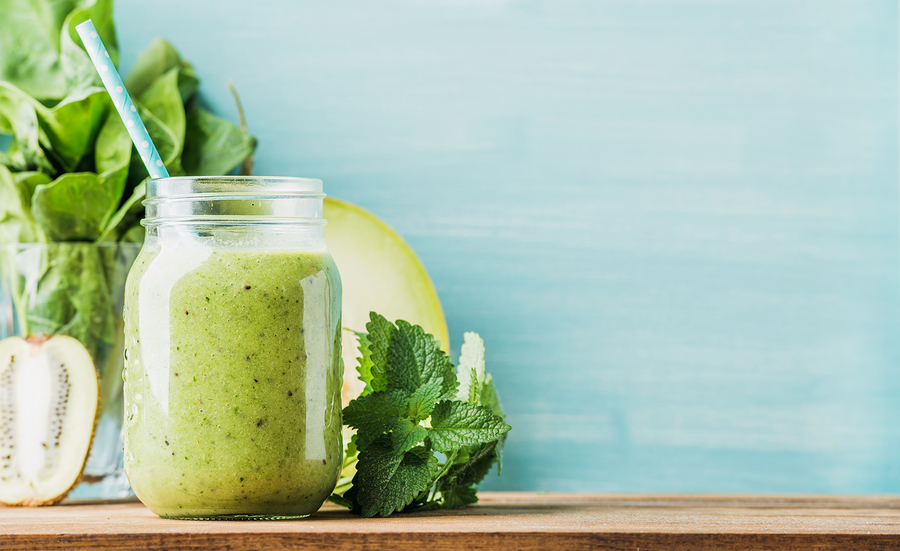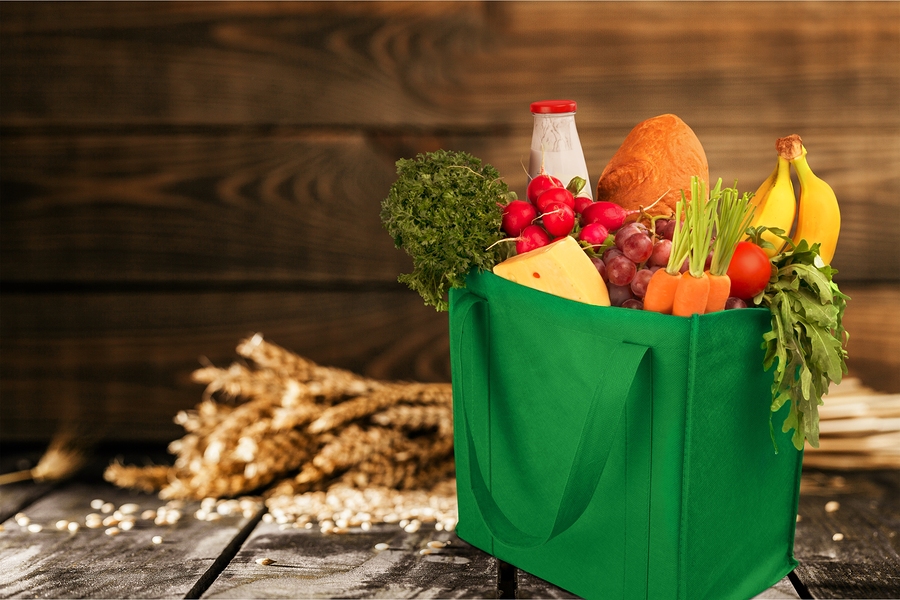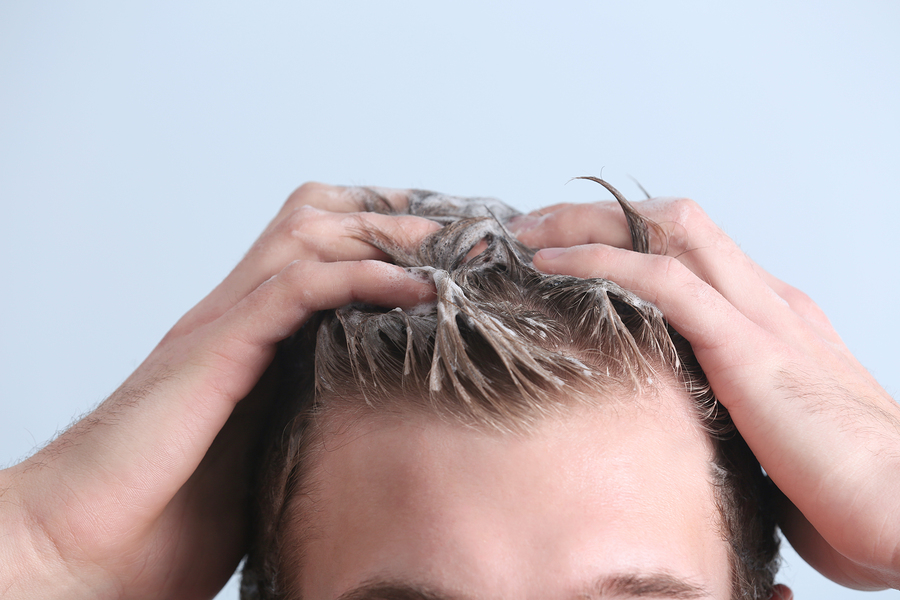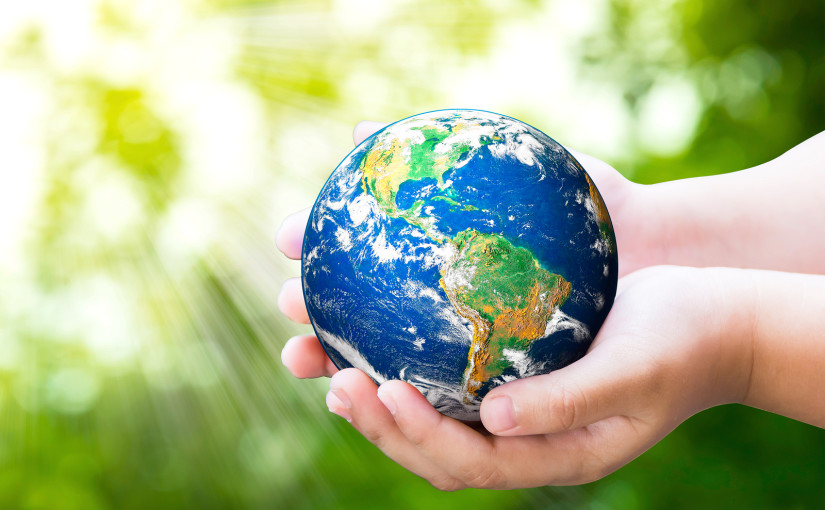Humans produce 300 million tonnes of plastic per year – 5 million tonnes of which ends up in our oceans. This is a huge, worldwide issue that isn’t going to go away, and so it’s time we all made a change. The use of plastic is mainly habitual, and so by breaking our usual daily habits and making new ones, we can make a real difference, one step at a time. Below are 10 plastic items you could easily cut out of your life, with the minimal fuss. Why not start by eliminating these items and see where you end up?
Bottled water
This may be obvious to some, but if plastic is new on your radar, an excellent place to start is bottled water. The UK’s tap water is safe to drink, and you can carry a non-plastic bottle with you to fill up during the day. Not only will you cut down on plastic by quitting bottled water, you will save yourself a fortune too!
Disposable coffee cups
You may be a caffeine addict, but your habit could be hitting the planet hard. Coffee shop cups are created from a mixture of papers and plastics, which makes them very hard to recycle, and therefore recycling of them is not very widespread at all. Ditch the disposable cups today, and take your own mug or on-the-go container with you instead.
Straws

Straws are pointless drink accessories for most people, so it’s time to give them the heave-ho. Don’t use them at home, and simply ask your bartender for no straws next time you order a drink when you are out. If you truly can’t live without a straw or need one for medical reasons, there are stainless steel and glass versions available which are much kinder to the planet.
Wine bottles with plastic stoppers or screw lids
Wine bottles can be easily recycled, however corks are rapidly being replaced with plastic versions and screw tops; both of which feature plastic. Next time you buy a few bottles of wine, think of the planet and select the natural cork stopper versions.
Chewing gum
Chewing gum contains synthetic ingredients, which sadly often include polyvinyl acetate and other similar materials – these are plastics used as a gum base! Aside from this horrifying fact, the packaging for chewing gum is often also made from plastics.
Shopping bags

Since the 5p carrier bag charge came into action, we are using fewer and fewer plastic bags – however, some of us are still happy to pay the fee and keep using the plastic bags. This one change is simple, and will cut out so much plastic per year. Instead of plastic, use cloth bags – either purchase some or make your own, and simply wash them when they get dirty.
Toiletries containing microbeads
Does your facial scrub or toothpaste contain tiny solid beads? If so, these could be plastic microbeads. From now on, just take an extra minute to choose your toiletries, and avoid any that contain plastic – because other than this being bad for the environment, who wants to rub plastic on their face or scrub their teeth with it?
Disposable pens
You may rarely use a pen, but if you work in an office you might get through lots of disposable ones. If this is the case, it’s time to take action! If you could get away with using a pencil instead, that is a great option, or if you have to use a pen, why not invest in a fountain pen which you can fill up with glass-bottled ink? If you really must use a ballpoint pen, use one you can replace the refill in, so you’re not wasting quite so much plastic each time you finish a refill.
Clothes made from synthetic fabrics
Did you know that you could be wearing plastic right this minute? A study last year found that a single clothes wash may release 700,000 microplastic fibres into our rivers and oceans, with acrylic and polyester being the main offenders. Next time you go clothes shopping, check the labels and opt for natural fabrics.
Shampoo and conditioner

It’s time to ditch your usual shampoo and conditioner! There are many options out there for plastic-free replacements; try going ‘no poo’, or opt for solid shampoo and conditioner bars from a shop such as Lush, which come with no packaging.
Featured image credit: Pugun and Photo/Bigstock.com
